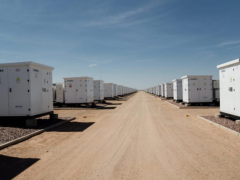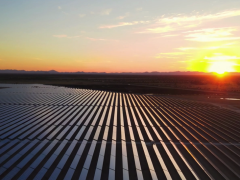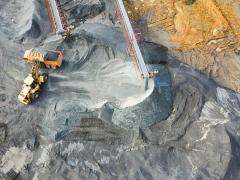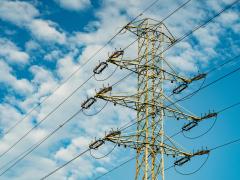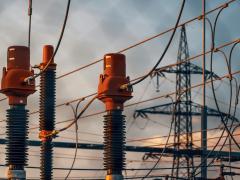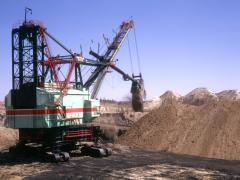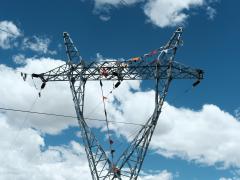South Africa’s mini-mill producers have warned that domestic ferrous scrap supply may fall short if government relaxes export controls.
Current scrap policies – including the price preference system (PPS) and export tax – are already “only just” preserving local availability, said Amit Saini, Director of mini-mill steelmaker Coega Steels. The country’s 13 mini-mills, which use electric arc furnaces to produce lower-emission steel, depend on scrap as primary feedstock.
“We cannot head in the opposite direction by liberalising the PPS discount. Instead, we should look at imposing an outright ban on the export of ferrous scrap,” he said.
The PPS, introduced in 2013, requires scrap metal to be offered locally at a discount before export. An export tax was added in 2021. Saini said removing these measures will result in South African scrap being exported to South Asia, driving up prices and production costs locally. “Deindustrialisation is a real possibility if the export tax is done away with and the PPS overhauled,” he warned.
Current installed production capacity in the secondary steel sector is estimated at 2,5-2,8 million tonnes annually, requiring 2,7-3,0 million tonnes of scrap. With two new mini-mills coming online in Nigel and Durban and SA Steel Mills expected to return to operation, annual demand could rise to 4 million tonnes by 2026, said Saini.


